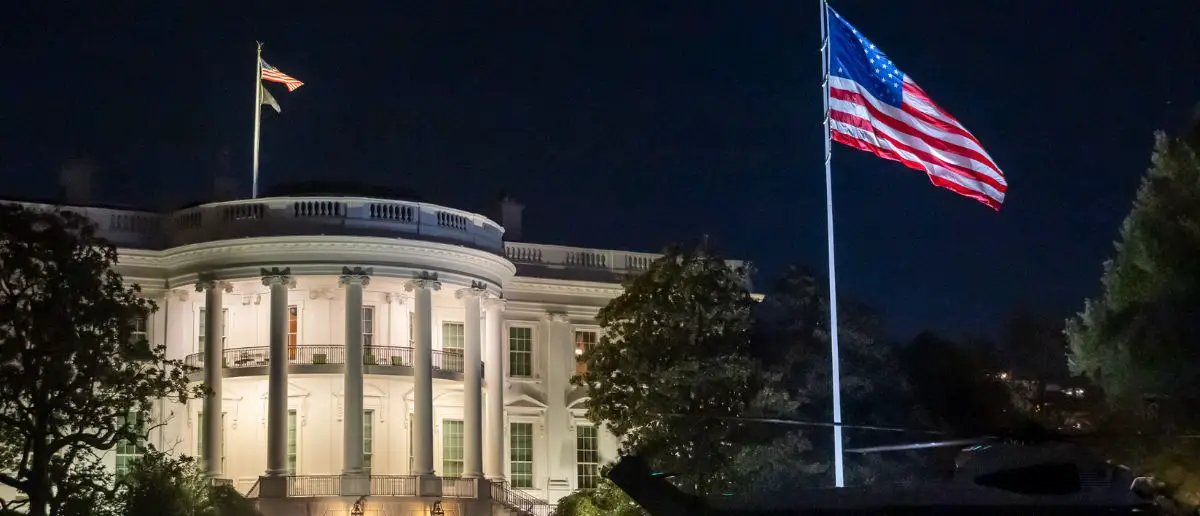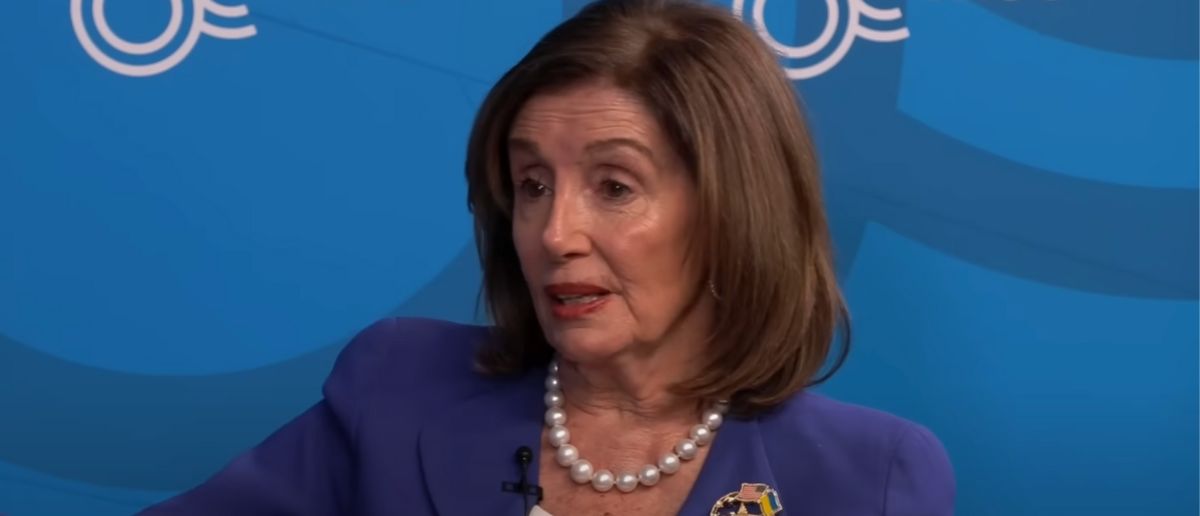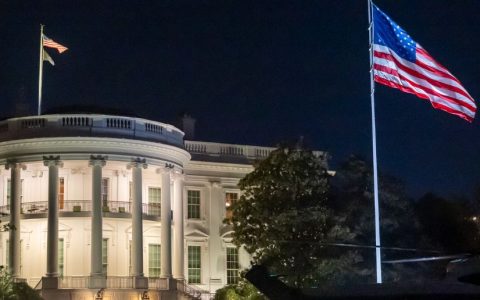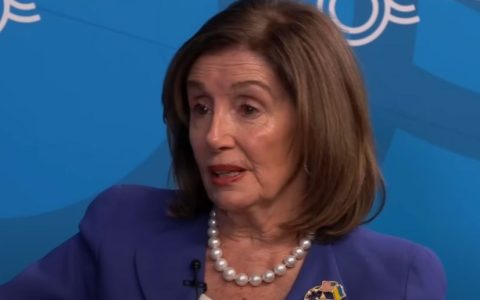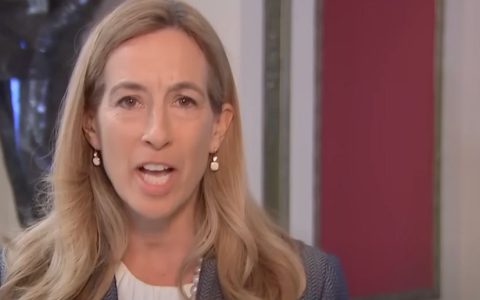
President Trump has a lot to balance in his decision making. Though he’s not always going to get it right.
That’s why a close Trump ally just had to warn the President about a fatal mistake he’s making.
Steve Bannon, a former White House adviser, cautioned on Friday that the Republican Party could face significant electoral setbacks if President Donald Trump’s administration fails to disclose documents related to Jeffrey Epstein’s crimes and network. Speaking on his War Room podcast, Bannon emphasized that withholding these files could alienate a substantial portion of the Make America Great Again (MAGA) base, potentially costing Republicans dearly in upcoming elections.
According to Axios, a recent two-page memo from the Department of Justice (DOJ) and FBI concluded that no evidence supports the existence of an Epstein “client list” or suggests he was m*rdered. Despite this, public skepticism persists. Bannon warned that failing to release the documents could erode 10% of the MAGA movement, leading to the loss of 40 seats in the 2026 midterms and jeopardizing the Republican prospects for the 2028 presidential election.
Bannon argued that the Epstein case transcends mere allegations of a pedophile ring, touching on deeper questions of governance and transparency. “This isn’t just about a pedophile ring; it’s about who really governs us,” he said on his show. He suggested that disillusionment among the populist nationalist base could weaken the Republican Party’s position, making it vulnerable in future elections without any external interference.
On Thursday’s War Room episode, Bannon urged the DOJ to seek court approval for releasing all Epstein-related documents or for Trump to appoint a special counsel to oversee the process. He stressed the need for full transparency to address ongoing public concerns and maintain trust within the MAGA community.
Epstein, arrested in 2019 on s*x trafficking charges, was found dead in his cell at the New York Metropolitan Correctional Center shortly thereafter. Authorities ruled his death a su*cide by hanging, but the circumstances—malfunctioning prison cameras and guards’ falsified check-in records—have fueled widespread conspiracy theories. A DOJ inspector general report later confirmed that surveillance cameras outside Epstein’s cell were inoperable, though some captured the surrounding area.
Prominent figures like Bannon and Tucker Carlson, co-founder of the Daily Caller, have speculated about Epstein’s ties to intelligence agencies, adding to the public’s distrust. Reports from The Daily Beast suggest that former Labor Secretary Alex Acosta implied Epstein had connections to intelligence, further stoking speculation about a cover-up.
Background of the Jeffrey Epstein Story and Public Sentiment
Jeffrey Epstein, born in 1953 in New York City, transitioned from a teaching role at the Dalton School to a career in finance, eventually establishing his own firm after working at Bear Stearns. His wealth and connections allowed him to cultivate an elite social circle, which later became central to allegations of his criminal activities. In 2005, Palm Beach police began investigating Epstein after a parent reported that he s*xually abused her 14-year-old daughter. The investigation uncovered evidence that Epstein had abused dozens of underage girls, leading to his 2008 guilty plea in Florida for soliciting prostitution from a minor. He received a controversial 18-month sentence, widely criticized as lenient due to a non-prosecution agreement arranged by then-U.S. Attorney Alex Acosta.
Epstein’s 2019 arrest on federal s*x trafficking charges reignited public and media scrutiny. His death in custody that August, officially ruled a suicide, sparked widespread skepticism due to irregularities, including non-functional surveillance cameras and lapses in guard oversight. The DOJ’s 2020 internal review criticized Acosta’s handling of the 2008 plea deal, noting it violated victims’ rights by concealing the agreement. These events have fueled persistent conspiracy theories, with many Americans believing Epstein’s death was orchestrated to protect powerful associates.
The DOJ and FBI’s July 2025 memo, which found no evidence of a “client list” or blackmail scheme and reaffirmed Epstein’s su*cide, has done little to quell public distrust. The memo’s release followed Attorney General Pam Bondi’s earlier claims that she had a “client list” ready for review, a statement she later clarified referred to general case files. The absence of new revelations has frustrated many, particularly within the MAGA community, who expected significant disclosures.
Public opinion, as reflected in posts on X and media reports, shows a strong desire for accountability. Many Americans, especially Trump supporters, believe the government is withholding critical information to shield influential figures. Influencers like Laura Loomer and Alex Jones have called the DOJ’s findings a cover-up, with some demanding Bondi’s resignation. A Newsweek report quoted Representative Tim Burchett speculating that Epstein’s files were destroyed under the previous administration, reflecting ongoing suspicion.
Steve Bannon has been a vocal critic, advocating for a special prosecutor to ensure transparency. On his War Room podcast, he framed the Epstein case as a test of governance, warning that failure to act could fracture the Republican base. His comments resonate with a segment of the public that views the case as emblematic of systemic corruption, with 10% of MAGA supporters potentially disengaging if their demands for transparency are unmet, according to Bannon’s estimates.
The Epstein case’s political ramifications extend to the 2026 midterms and 2028 presidential election. Bannon’s warning suggests that dissatisfaction could cost Republicans significant electoral ground, with the potential loss of 40 House seats and the presidency. This concern is amplified by the MAGA base’s frustration with perceived inaction from Trump-appointed officials like Bondi, FBI Director Kash Patel, and Deputy Director Dan Bongino, all of whom previously questioned the official narrative but have since aligned with the DOJ’s findings.
Elon Musk’s allegations that both Trump and Bannon are named in the Epstein files—though unsupported by evidence—have further inflamed tensions. Musk’s public feud with Trump and his call for full disclosure highlight the case’s divisive impact, even among former allies. Meanwhile, Democratic lawmakers like Jamie Raskin and Dan Goldman have accused the DOJ of withholding files to protect Trump, adding a bipartisan dimension to the demand for transparency.
The Epstein saga remains a lightning rod for public discontent, with Americans across the political spectrum demanding accountability. The lack of concrete evidence implicating high-profile figures has not diminished the belief that justice remains incomplete. As the 2026 midterms approach, the handling of the Epstein files could shape voter turnout and loyalty, particularly among populist conservatives.
Stay tuned to the DC Daily Journal.

